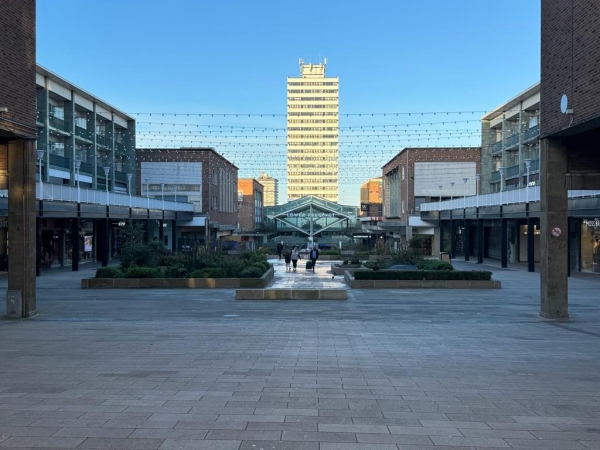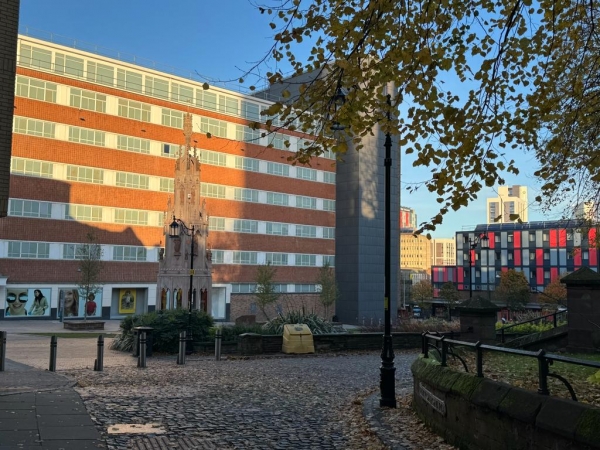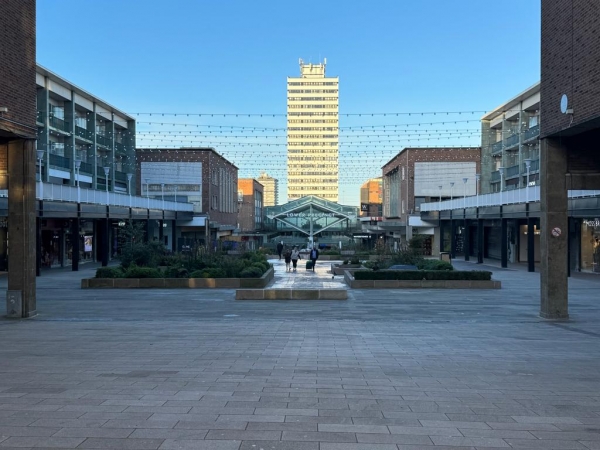The Bank of England has raised the UK base interest rate to 5.25%, which is sure to cause concern for many as costs reach new heights nationally. Coventry is fast becoming a renter’s hotspot, as interest rates reduce the amount of residents getting their foot in the door of the property market. With mortgage payers also facing exponential rises to their monthly payments, it’s difficult to find anyone not currently affected by the never ending interest rate rises, though the struggles renters and homeowners are facing are quite different. This week, we detail the very similar, yet individual difficulties faced by both and how this will develop in the near future.
Renters
While homeowners are encountering rising mortgage payments, this has been the norm for the 40% of British residents who face rental increases annually, as per inflation.
While landlords face their own financial battles, it has become more apparent that renters are taking a hit to their pockets, also. As their rents increase in line with mortgage rates, expenses are increasing with not as much coming in to accommodate this, resulting in many having to protest rent increases. Unfortunately, this often results in eviction, and with less and less tenants being able to pass affordability checks for new properties and having to seek alternative forms of accommodation or ending up homeless altogether.
Not only are there now more people looking to rent rooms across the city, but there are also significantly less rooms available - Rightmove has reported a 42 percent increase in demand for rental properties, with the hefty competition causing more and more people are having to turn to temporary accommodation to avoid being on the streets. Specifically, Coventry has faced 20.5% fewer properties to rent this year than 2022, according to Sky News.
The current rates are reducing the attainability of homeownership, which will lead to more people choosing or being forced to rent instead of buying. This increased demand for rental properties could eventually push up rents. Even if rental rates remain stable, the cost of living will begin to affect various sectors of the economy and renters may find their disposable income shrinking, impacting their quality of life.

Homeowners
For homeowners with variable-rate mortgages, this rise in interest rates directly translates into higher monthly mortgage payments, which can create financial strain for those on tight budgets, potentially leading to missed payments and, even repossession. There are some mortgage holders with small amounts left to pay, leading them to soon become full owners of their property. Those with more significant outstanding amounts are able to discuss and evaluate a suitable repayment amount with their banks and building societies to prevent having their property repossessed, a discussion not often available between renters and their landlord.
As for future buyers, rising interest rates can deter them from purchasing now, due to the larger deposit required and reduced borrowing capacity. This will limit the pool of qualified buyers and result in a slower housing market, where homes are being marketed for months, with multiple price reductions.
Interest rate rises will continue to have a significant impact on both renters and homeowners in Coventry, shaping their financial landscapes in various ways. Homeowners must navigate increases in their mortgage payments while renters need to be prepared for the rent hikes to come and adapt their financial plans accordingly. Regardless of whether you rent or own, understanding these effects and what personal steps you need to take in order to handle the situation is more important now, than ever. Ultimately, Coventry residents must adapt to these changes and make informed decisions about their housing and financial future in this dynamic market.
Maya


 By
By 



Share this with
Email
Facebook
Messenger
Twitter
Pinterest
LinkedIn
Copy this link